Indigenous Australians call for ‘week of silence’ after referendum failure
Indigenous leaders in Australia have called for a “week of silence” across the country after a referendum to recognize greater rights for First Nations was overwhelmingly rejected.
More than 60 percent of Australians voted “no” to acknowledge Aboriginal and Torres Strait Islanders in the country's constitution on Sunday, spoiling plans to amend Australia’s constitution after 230 years since British colonialism in the country.
"This is a bitter irony," the Indigenous leaders said in a statement. "That people who have only been on this continent for 235 years would refuse to recognize those whose home this land has been for 60,000 and more years is beyond reason."
They further noted that they would lower the Aboriginal and Torres Strait Island flag to half-mast for the week, urging others to do the same to grieve the outcome.
Australians went to the polls on Saturday to vote on a constitutional reform that would recognize Indigenous people as the first inhabitants of the continent, and create a body for First Nations peoples to advise the government.
The proposal for an Indigenous Voice to Parliament purported to tackle the disadvantages of the community and move towards reconciliation, but it has instead exposed a gulf between First Nations people and the white majority.
Australian Prime Minister Anthony Albanese, who made a last-ditch appeal on Saturday for Australian people to back the recognition of Indigenous people, called for “a spirit of unity and healing.”
Independent Aboriginal senator Lidia Thorpe who opposed the referendum and campaigned for people to vote no, said the nationwide election had “caused nothing but harm to First Peoples”.
The Greens, a minor party in Australian politics, also said in a statement that “corrosive” disinformation spread during the election showed Australia needed to introduce a truth and justice commission.
“Many people across the country have no idea of the truth of what happened to First Nations people during colonization,” Dorinda Cox, a Greens senator and Yamatji–Noongar woman, said.
Unlike other nations with similar histories, such as Canada and New Zealand, Australia has not formally recognized or reached a treaty with its First Peoples.
In 2021, the Australian state of Victoria created the Yoorrook Justice Commission, becoming the first and only Australian state so far to undergo the truth-telling process around colonization and treatment of the country’s Indigenous communities.
Indigenous Australians, living in the country for thousands of years, have been struggling for generations to get recognition.
The population has suffered since European colonization, which had a devastating impact on Aboriginal communities and cultures.
Constituting only 4 percent of the total population, more than 400 Indigenous people have died in police custody in the past three decades, according to official data.
825 Israeli forces killed in Gaza since war started: Daily
VIDEO | Jordanians condemn Israeli attack on Kamal Adwan hospital
Iran’s nuclear doctrine intact: Security chief
Hezbollah thanks Leader for supporting Lebanon
HTS in Syria gives foreign mercenaries key roles in military: Report
5 Palestinians abducted from Gaza die in Israeli custody in 24 hours
Iran speeds up infill gas drilling in South Pars
VIDEO | Press TV's news headlines


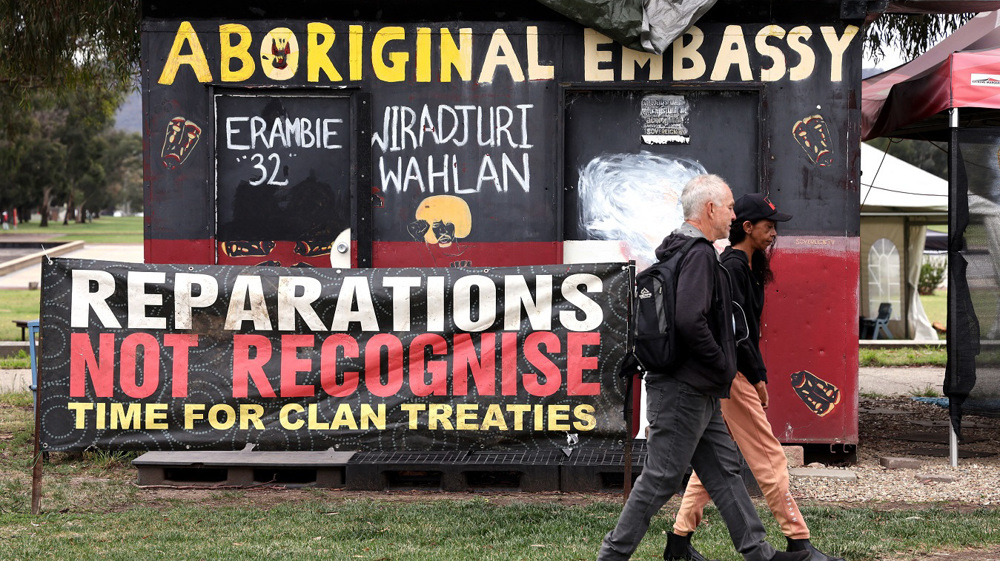
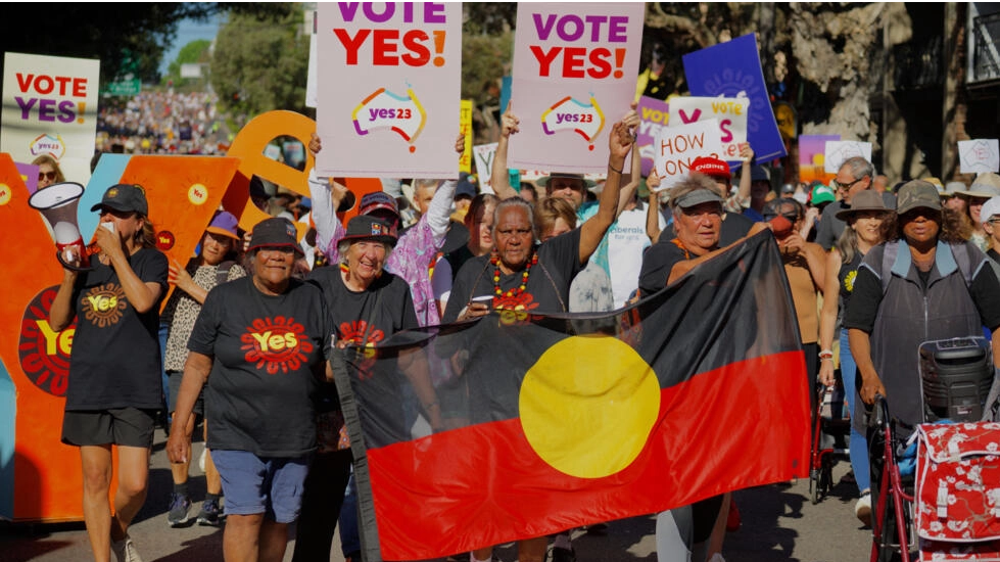
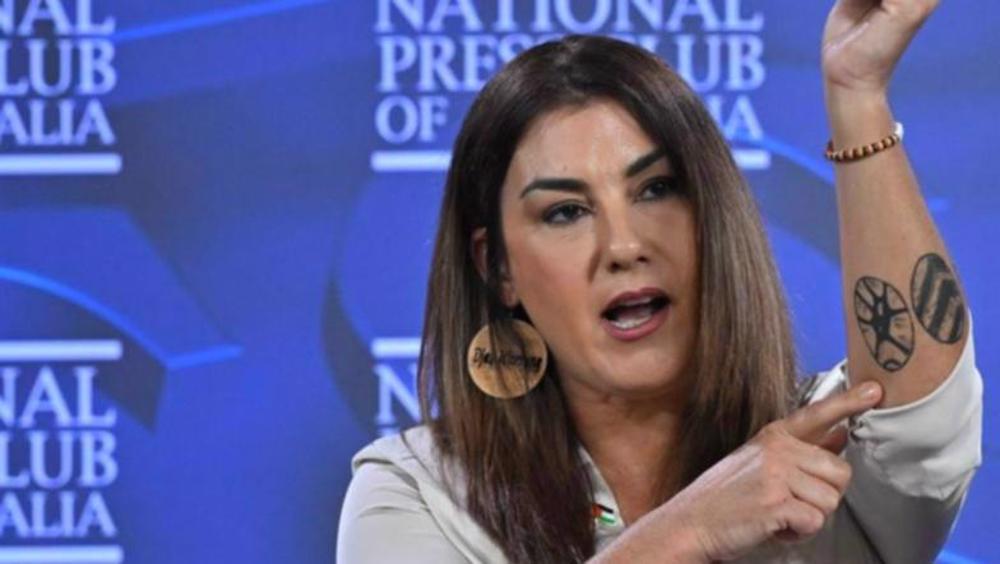
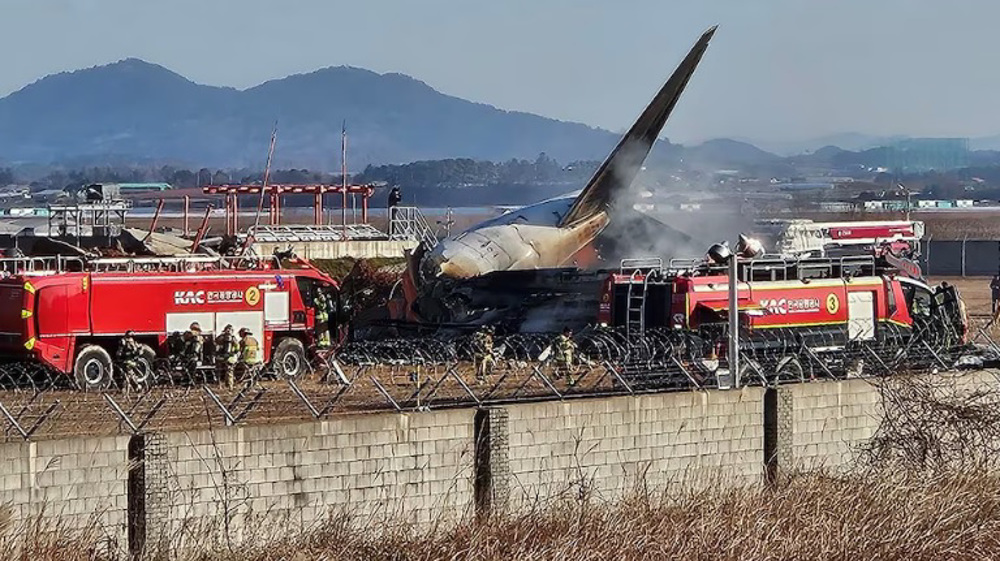





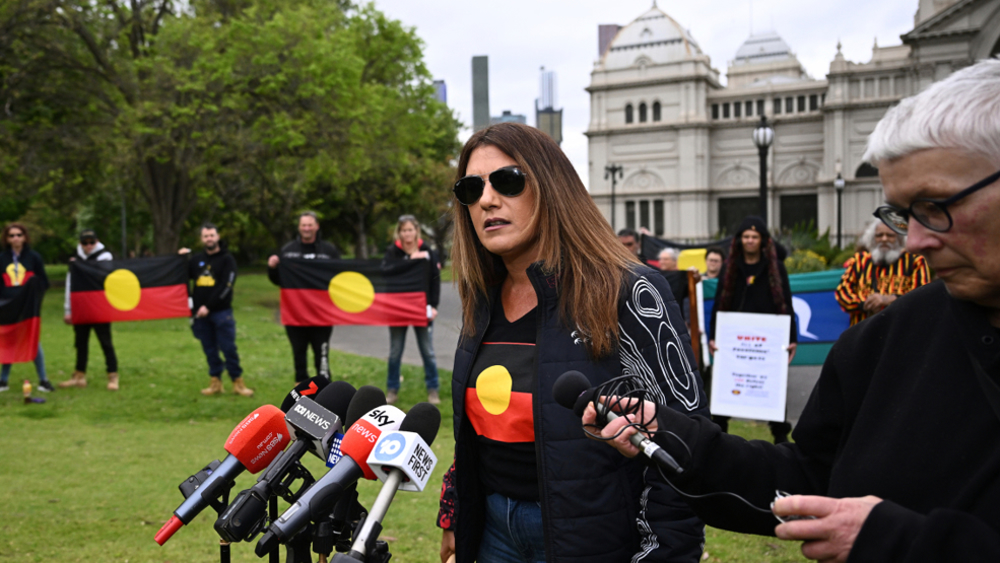
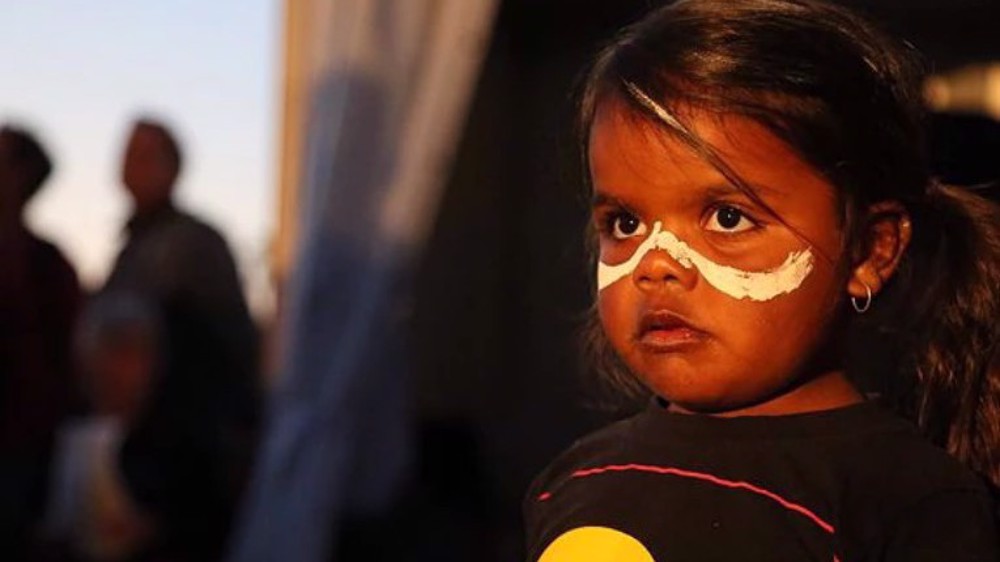
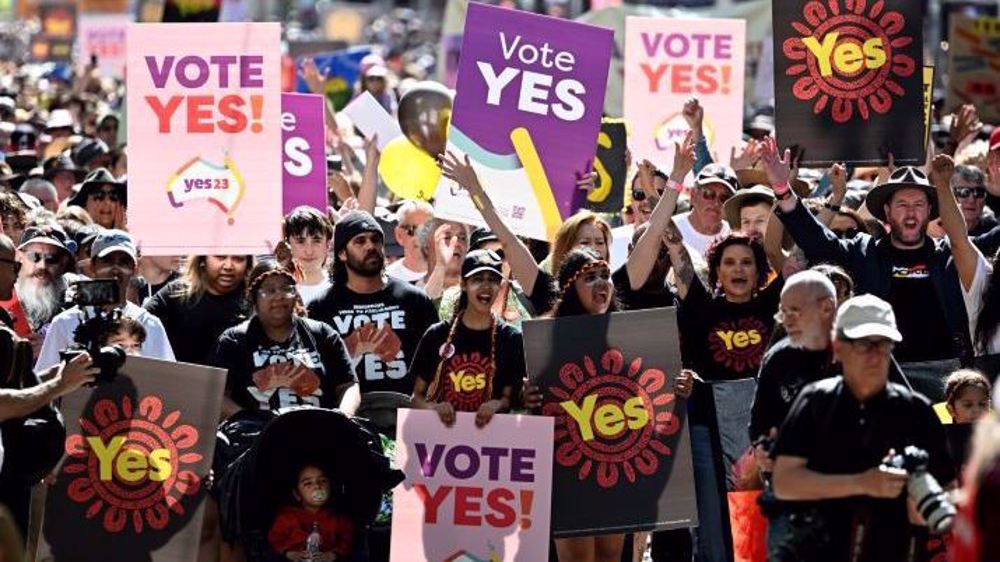

 This makes it easy to access the Press TV website
This makes it easy to access the Press TV website